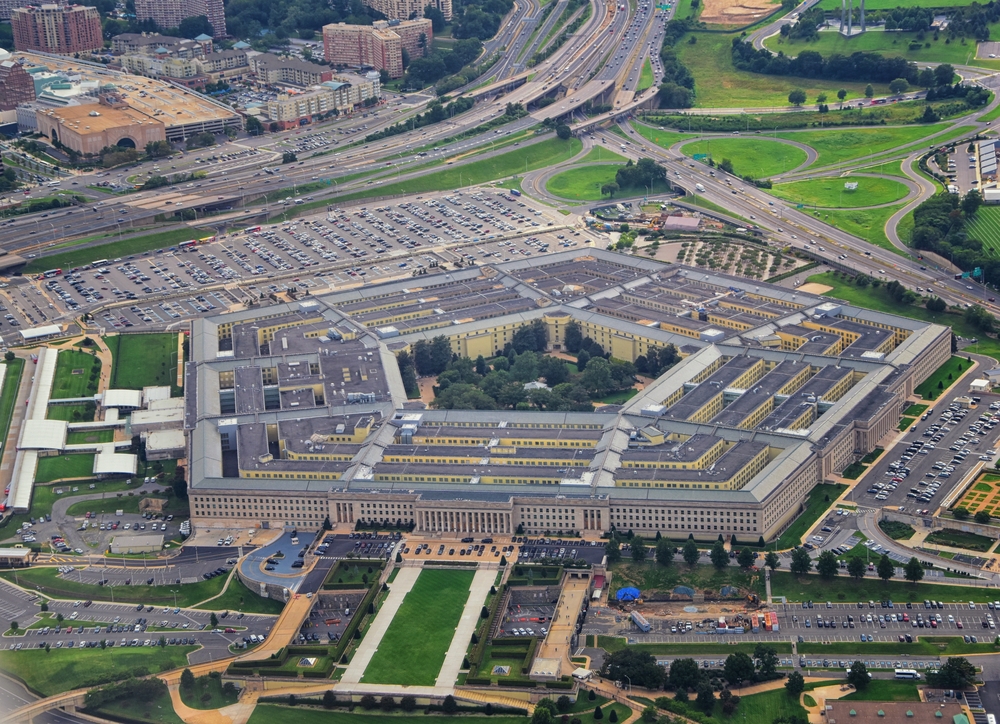
Over the past couple years, the US Air Force has been working on an initiative to overhaul military communications and data-sharing. Since 2020, the classified Joint All-Domain Command and Control (JADC2), signed by Deputy Secretary of Defense Kathleen Hicks, has been updated and will continue to be amended to address advances in intelligence and changes in the breadth of known threats.
To put it simply, Arsenio Gumahad, explains, “The document will evolve, it’s a living document.” Effectively, this means personnel will continue to change and update the document to reflect ongoing successes and failures associated with the initiative across different theatres of war.
The Office of the Under Secretary of Defense for Acquisition and Sustainment director of the command, control, communications, computers, intelligence, surveillance, and reconnaissance division, goes on to say, “Over its lifetime, it will be updated to include lessons we’ve learned from both our developmental efforts as well as from those of our adversaries.”
These comments from Gumahad follow a request made by the House Armed Services cyber and innovative technologies subcommittee to review JADC2 and the inventories of their related efforts, solidified goals, and any potential shortfalls. As would be the case, oversight of these activities will inform decisions about future support; it is not intended for punitive pursuits.
Implementing the planned framework has now informed the Pentagon’s budget request for fiscal year 2023. At the time they did not calculate an overall price for JADC2, though the effort intends to span several agencies, classifications, and programs. These factors can make it difficult to assess public estimates.
JADC2 is designed to help the US develop an advantage over large-scale opponents with technological proficiency: for which China qualifies in a potential fight over the Pacific; and Russia qualifies for in a potential fight over Europe.
Finally, at the July 11 session for the National Defense Industrial Association JADC2: All-Domain Warfare Symposium, Gumahad concludes, “After years of focusing on operations conducted in support of the war on terrorism and violent extremist organizations, we now face a more complex security environment.”
